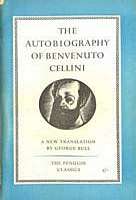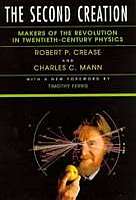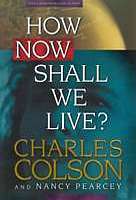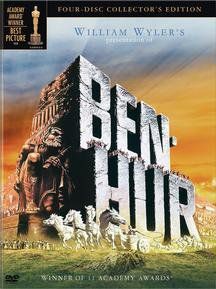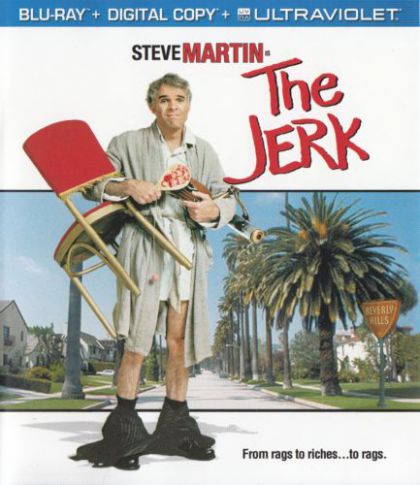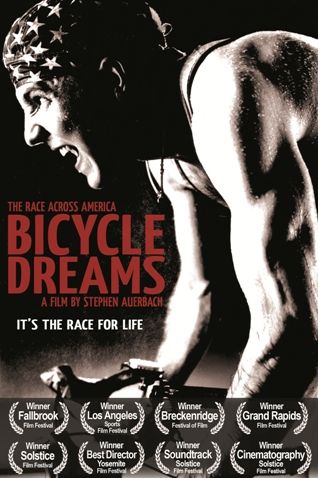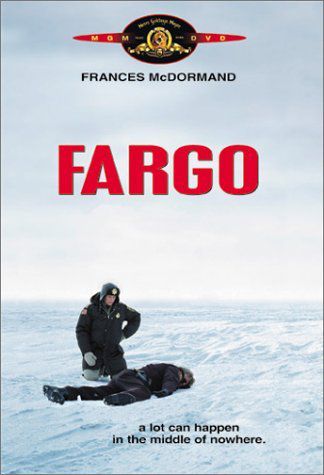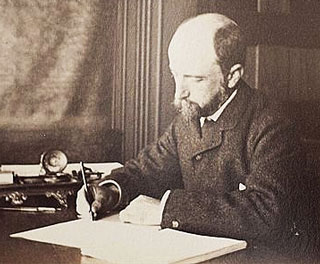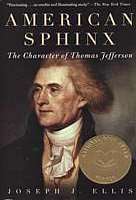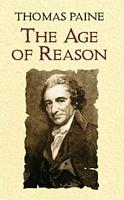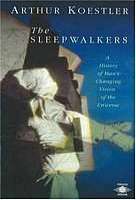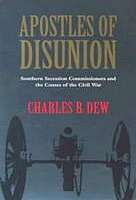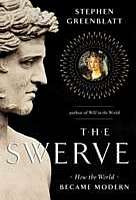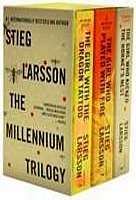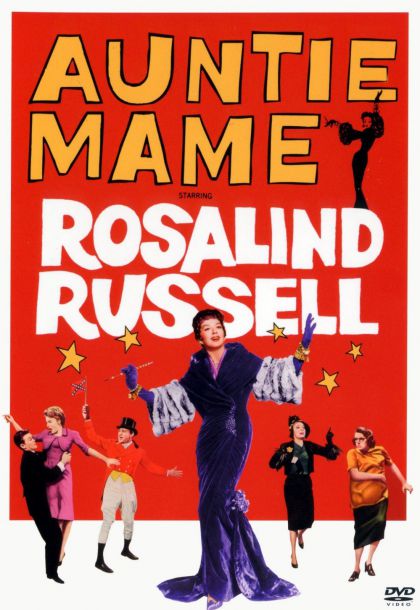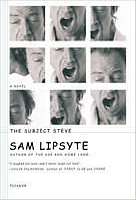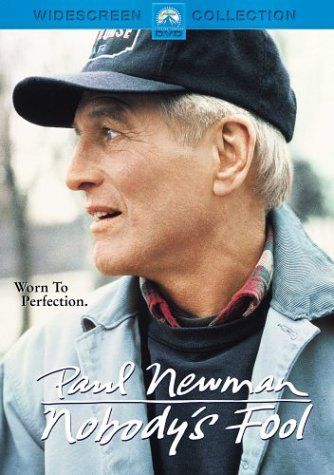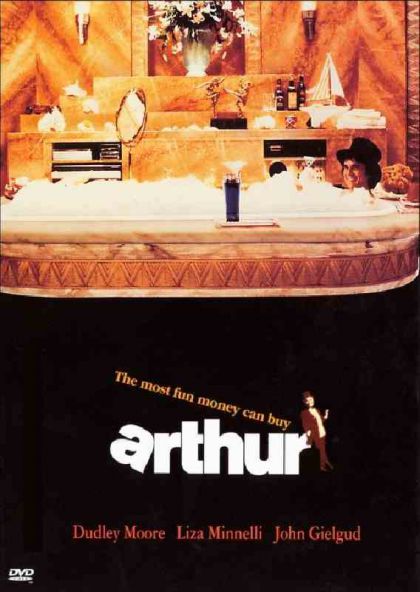 Arts
Arts
Pocket Review, Title Dumb And Dumber, Studio New Line Home Entertainment, Rating 3.5,
Dumb and Dumber: A movie that never gets old
This movie just makes me laugh. Usually, movies that feature juvenile humor begin to pale at some point, but Jim Carrey holds my attention as a completely oblivious, selfish idiot.
Movie Review, Title One, Two, Three, Studio MGM/UA, Rating 5.0,
One Two Three: A movie that never gets old
This is a highly informed madcap comedy set in the heart of the Cold War, geographically and in time: Berlin of 1961, just before the Wall went up. Billy Wilder cranks up the pace from the beginning and leaves you out of breath at the end.
I, Benvenuto Cellini
Benvenuto Cellini was a master Florentine goldsmith and sculptor who lived and worked during the time of the High Italian Renaissance, and was also, by his lights, tougher and craftier than anyone around him, could take on many men with a sword and live to tell the tale, was a great lover, and so on. His is the most ebullient autobiography I have read, and so wonderful, and so full of life!
Humbled again by particle physics
This is a history of the development of the Standard Model of particle physics, circa 1986. It is well regarded by physicists for its sociological treatment, as well as its attempt to record the false starts and uncertainty that accompany leading edge science; certainly the personalities and their various collaborations and squabbles are vividly rendered. As to the science, it is particularly good in providing a pithy description of how a unified theory of electromagnetic, strong and weak forces gives rise to our description of the early events of the Big Bang theory.
The ghost of Schaeffer past
By the time Charles Colson got out of prison in the mid-70's, having been convicted for acts of political skullduggery during the Watergate scandal, he had converted to Evangelical Christianity. How Now Shall We Live was his best-seller, an homage to Francis Schaeffer's view of Western history. Schaeffer was a presuppositional millennialist who in the 1970's left the quiet life of a Christian intellectual to help lead the evangelicals to the heights of political activism we see today in the U.S.
Das echte Lied der Alpenkräuter
When I was growing up, my father taught us a little ditty from his Mennonite boyhood:
Dar war ein Mann in Tode Loch,Und kein er sahe Mann,Und im dem letzen Stunden,Stunden,Hat er das Alpenkreuter gefunden.It was a charming little tune. Eventually, my curiosity was aroused regarding its meaning, so ...
Pocket Review, Title Ben-Hur, Studio MGM/UA, Rating 4.0,
Ben-Hur: A movie that never gets old
I first saw this big screen spectacle as an eight year old, and loved it. It was full of action, more believable than most of today's over-cooked technological wizardry (just think of the disappointing Sherlock Holmes series with Robert Downey Jr; massively ridiculous stunts and special effects, which ruined the stories and minimized the otherwise good acting).
Pocket Review, Title The Jerk, Studio Universal Studios, Rating 4.0,
The Jerk: A movie that never gets old
The Jerk is a naïf, a not-quite-holy fool, who finds his life one astonishment after another. It is the most maniacal and subversive of Steve Martin and Carl Reiner's movies together. This film provides the perfect vehicle for Martin's comic style, which I have always enjoyed.
Movie Review, Title Bicycle Dreams, Studio , Rating 3.0,
Bicycle dreams?
Bicycle Dreams is a documentary about the Race Across America (RAAM), an annual beyond-insane bicycle race across the U.S. Few ride it, those who finish do it in less than two weeks, and ride almost the entire time. It is only a matter of time before all participants begin to hallucinate, and some have been injured and killed because of it.
Voltaire is a sharp kick in the pants
Voltaire always had his wits about him. When once a visitor arrived, announcing that he had just come from a visit to another well-known writer, Voltaire offered the opinion that the aforementioned writer was a man of talent, and the visitor replied that that writer did not hold the same opinion of Voltaire, to which Voltaire retorted, 'We could both be wrong.'
Fargo: A movie that never gets old
Fargo is an almost blissfully surreal take on what the world would be like if everyone had an IQ of 88, building a structure of nincompoopery around a more typical tale of desperate crime gone wrong. This movie could be the Coen brother's extended take on Woody Allen's joke about a village idiot's convention in Love and Death
Can precision in writing be attained?
I was reading a recent article by Andrew Sullivan, who asks the question: "Does punctuation matter?" The discussion was nominally about internet and texting abbreviation in both word and thought, but raised other questions to me:
Does precision in writing matter? If so, when does it matter? These are devilish questions.
Nothing is something
"Diddly squat is as close to squat as makes no nevermind." (page 124)
 This is a superb and far-ranging essay on the apparently mundane zero. While it might be expected to be predominantly mathematical, it is much more, an erudite and masterly exposition that touches many disciplines without slighting its mathematical roots. It has an exponential arc.
This is a superb and far-ranging essay on the apparently mundane zero. While it might be expected to be predominantly mathematical, it is much more, an erudite and masterly exposition that touches many disciplines without slighting its mathematical roots. It has an exponential arc.Jefferson’s legacy
Joseph Ellis provides us with an ambitious analysis of the compartmentalized mind of Thomas Jefferson. Jefferson was extraordinarily adept at saying and writing, apparently believing, and doing things that were paradoxical and often diametrically opposed to each other. Ellis suggests that this helps to explain his enduring following by just about every political persuasion in the United States, and even abroad: Anyone can find in Jefferson something that supports one's ideology, especially if they studiously ignore, in perfect Jeffersonian fashion, the things Jefferson said or did that would negate their ideology.
Reasoning with Thomas Paine
Thomas Paine was perhaps the most persuasive of those proponents of revolution in the American Colonies of Great Britain, and well after his influential pamphlet Common Sense he continued to write about 'revolting' things (tongue well in cheek) in the following period of the French Revolution. His pamphlet Age of Reason is a fiercely argued defense of freedom of religion, an argument against organized religion and an argument for deism, written between 1794 and 1797 from Revolutionary France.
Sleepwalking amid new ideas
Arthur Koestler's book Sleepwalkers: A History of Man's Changing Vision of the Universe is an ambitious attempt to describe the development of Western cosmology and astronomy from the Greeks to Newton, with particular focus on Copernicus, Brahe, Kepler, and Galileo. Koestler did not see science as a linear and unbroken line of rational progression; instead he viewed the course of the history of ideas as somnambulant: Many ideas were stumbled upon by men with goals and mindsets alien to the very ideas they uncovered.
Slavery was the First Cause of the Civil War
It has always been for me somewhat of a puzzle as to why many in the South up to today insist on the idea that slavery was not a primary cause of our Civil War, but that states rights, economic warfare, etc. or anything but slavery were the deep and the proximate cause of that war. Charles Dew, born and raised in the South, writes this monograph on that very subject. He comes at the subject by researching the various documents created and speeches made by the politicians and government officials of Southern states prior to the start of the Civil War for the purpose of justifying, insisting upon, and finally enacting the secession of the various states from the Union.
Is religious tolerance religious freedom?
 The ensuing religious fragmentation of Western Christendom following the advent of the Reformation created fissures in the fabric of European society so large that, after a century of warfare, borne by the exhaustion of bitter hatred and its accompanying destructiveness, the only option left for a more peaceful existence was the grudging co-existence of groups with religious differences.
The ensuing religious fragmentation of Western Christendom following the advent of the Reformation created fissures in the fabric of European society so large that, after a century of warfare, borne by the exhaustion of bitter hatred and its accompanying destructiveness, the only option left for a more peaceful existence was the grudging co-existence of groups with religious differences. Swerving into modernity
Stephen Greenblatt's book The Swerve: How the World Became Modern is an excellent tale of the influence of Epicurus on the modern way of thinking. Epicurus spoke of change in terms of a 'swerve'; the author's allusion to a swerve otherwise is to the narrow and chance survival during the Renaissance of Lucretius' poem De Rerum Natura, a rumination and celebration of all things Epicurean, and whose influence in subsequent Western thought represents a giant swerve in cosmology, religion and natural philosophy away from Plato and Aristotle and towards Epicurus.
Imagination nonpareil
This is some of the most imaginative writing I have read since perhaps Tolkien's Lord of the Rings trilogy, or some of the classic science fiction of Asimov and Herbert.
Lizbet Salander, meet Inspector Maigret
Lizbet, the Girl with the Dragon Tattoo, carries the Millenium Trilogy. She is a private investigator, a severely withdrawn, highly intelligent young woman who has been terribly abused, both by her father and as a ward of the state. Lizbet trusts no one, and has developed world class computer hacking skills which serve her in good stead in her job as a private investigator and beyond. She teams up with an older investigative journalist, the fruit of said union providing a broad view of two generations of Swedish culture.
The secret world sharply rendered
This is a long historical novel that dares to write with some depth around the subjects of cryptoanalysis, mathematics, computers, and operating systems. It is full of insights about the technology, about those who live that technology, and about the cultures they inhabit.
Pocket Review, Title Auntie Mame, Studio Warner Bros., Rating 4.0,
Auntie Mame: A movie that never gets old
Mame is a free-spirited woman who believes that 'Life is a banquet - and most poor suckers are starving to death.' She is given care of her nephew when her brother unexpectedly dies, and raises him in her very unconventional world, against the wishes of his legal guardian, an often perplexed conservative banker played with great comic style by Fred Clark . It is Rosalind Russell's best role.
(Post?) Modern tale of mortality
Is the Subject Steve dying? Aren't we all dying? Is the Subject Steve actually Steve?
The Genius of Apple
Steve Jobs recent demise brought out many encomiums having at least one thing in common: An agreement that he was a genius. Jobs' genius (a notoriously fickle word) would appear to be in the realm of practical design. His early Apple computer was easier to use and more accessible to its consumers than those of his early competitors, and that was true of most of the subsequent devices produced by Apple on his watch, including the Macintosh windowing and mouse-driven operating system, the seductively simple iPod, the iPhone marriage of mobile phones with a personal digital assistant and its deft employment of touch screen technology, and the iPad tablet offshoot.
Oregon loves New York: memories of 9/11
My wife Cindy and I awoke early on September 11, 2001 in Portland, Oregon. As I was preparing for work, she called me to the television, which had the smoking image of the first of the burning World Trade towers. We both stared in disbelief, and watched numbly as that terrible day unfolded, as the second tower was struck, as people began to jump from the buildings, after which one building and then the other crashed to the ground, so rapidly as to seem completely unreal. We watched as the Pentagon was struck, and followed the tense and fragmentary reporting as planes were grounded, fighter planes were scrambled, and frantic searches were being conducted to account for all of the airplanes in the air, culminating in the crash of flight 93 in a Pennsylvania field. We wondered what could possibly motivate someone to cause such horrific damage, to deliberately destroy so many innocent lives.Pocket Review, Title Moonstruck, Studio MGM/UA, Rating 5.0,
Moonstruck: A movie that never gets old
This is the Godfather without the criminals, an affectionately detailed slice of love-deranged Brooklyn Italian family life. It is such a happy, funny movie. The operatic theme of unexpected love is done to perfection here.
Pocket Review, Title Nobody's Fool, Studio Paramount Pictures, Rating 4.5,
Nobody’s Fool: A movie that never gets old
This is a story of an aging small town man with deep flaws, played superbly by Paul Newman, one who abandoned his family and has lived from hand to mouth. Yet he has built a life caring for his friends.
Pocket Review, Title Arthur, Studio Warner Bros., Rating 4.5,
Arthur: A movie that never gets old
When Arthur first came out, Dudley Moore's comic acting had already gotten my attention, but the premise seemed like it was built on a single joke, and I had no interest in seeing it. After some critical acclaim, I reluctantly joined the queue, and was amazed at what was conjured out of rich drunk guy jokes.
The art of writing? Just get started
I was talking to a friend about the difficulties of writing, and so gave some thought to my own writing process. I have often felt stymied in getting started writing, both in business, of which I did a large amount, or privately; I enjoy writing, and sometimes can write freely and fairly quickly, but the norm is that I struggle to start. My most usual technique is to write a set of scattered notes down, anything, and then revisit it and start shaping it. Most of my more serious “essays” started in one direction, and are in many ways unrecognizable when I am done, precisely because one idea or phrase begets another.Whitewashing the most peculiar institution:
a Lost CauseLeonard Pitts, one of my favorite columnists, just wrote about the persistent whitewashing of Confederate History in the old South, and pointed to the out and out lies that are being told about it. The biggest whopper, of course, is that the Civil War was not about slavery! Of course, the South was quite clear and unambiguous as to why they started a Civil War. In their own language justifying their secession from the Union, they described slavery as the primary reason for their treasonous behavior.
Virtual Choir 2.0: Eric Whitacre and 2,052 singers!
If you enjoy choral music, you won't regret spending five plus minutes listening to this lush rendition of Eric Whitacre's "Sleep", performed by over 2,000 singers! As in his first virtual choir performance, Eric collected individual parts recorded via webcam from all over the world, and combined them in a single video to produce amazing choral sound.
Here’s the Thing about equal rights
Herein lies a tale of history misunderstood, and then of history revived. It begins in Heidelberg, Germany in 1975. I was then a young soldier in the US Army, and with a fellow soldier, my friend Ted Withycombe, had taken a day trip to visit the storied university town of Heidelberg. While strolling along the Philosopher's Way, where students and professors had trod for hundreds of years, we chanced upon an unmanaged but well-trodden path that went up the hill towards the Heiligenberg, which other people were clambering up. There was no sign that described that path, nor could it be found on our map.
Carole King’s Tapestry, still in my heart
Few who came of age in the 1970's are unfamiliar with the singer Carole King, and more specifically, her album Tapestry. It struck an immediate and widespread chord, so to speak, for many including myself; over the years, I have listened to it often, and it has never lost its appeal for me.
How to tell a story in 4 minutes, with no words
Good Vibrations from Helene Emain on Vimeo.
I stumbled across this wonderful animated short film; a lot happens in four minutes, and it is . . . fascinating. In four short minutes, a world is created, multiple characters are developed, and much happens, without any words!


 Fervour is necessary only in commending an opinion which is doubtful or demonstrably false.
Fervour is necessary only in commending an opinion which is doubtful or demonstrably false. READING
READING ARCHIVES
ARCHIVES CATEGORIES
CATEGORIES QUOTES
QUOTES



